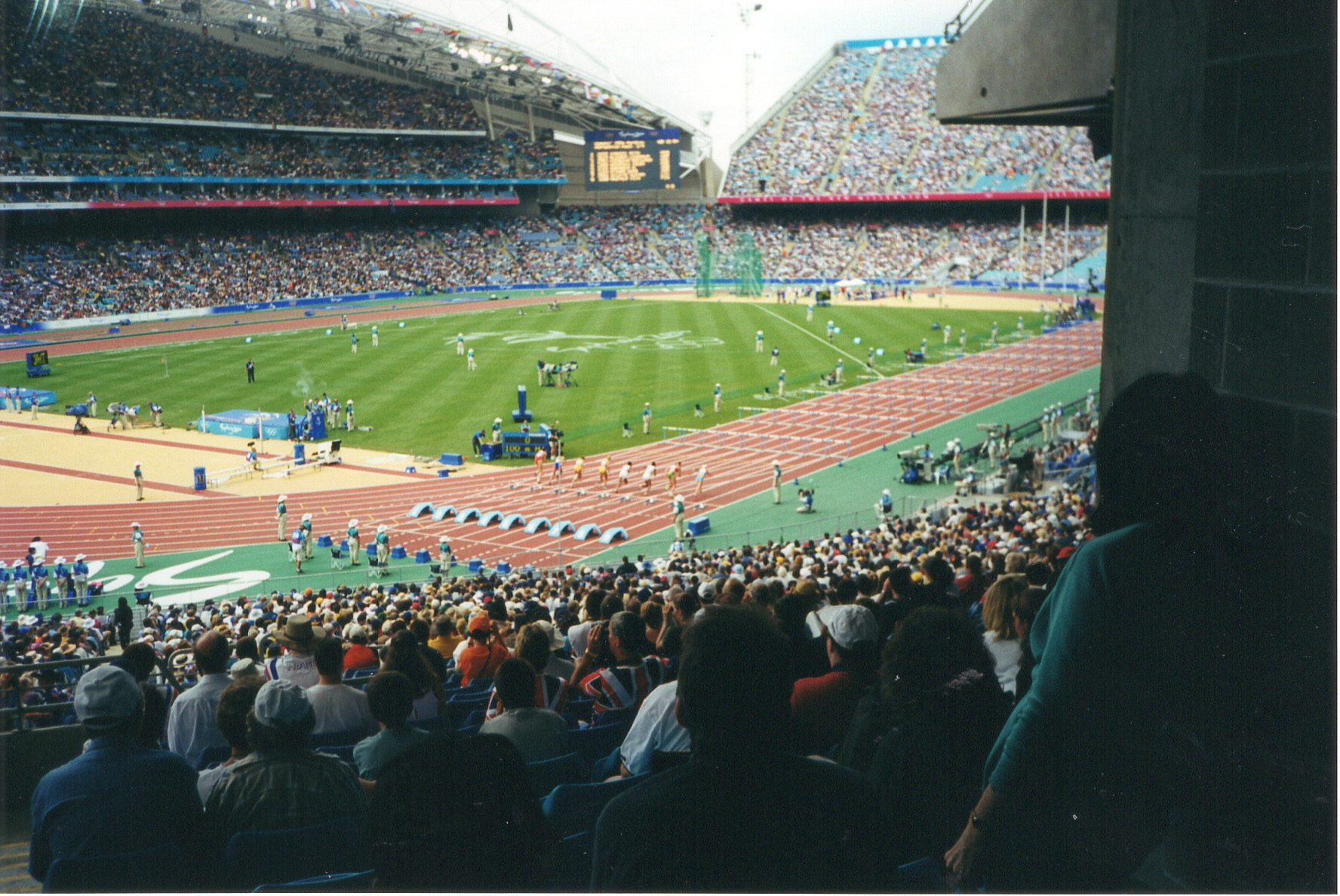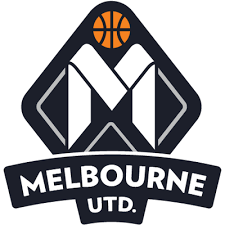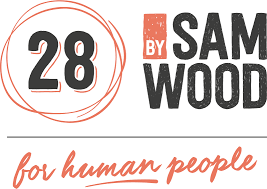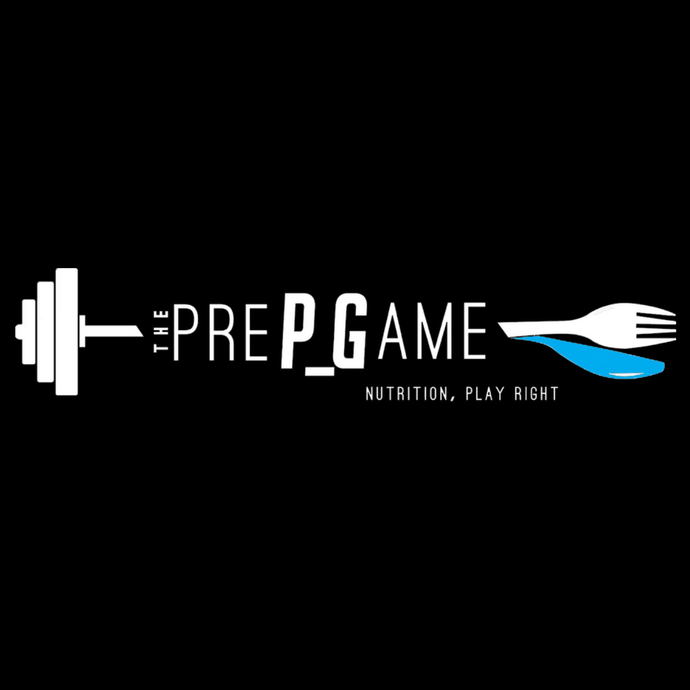Benefit of volunteering at the Olympics - watching the athletes in action!
Way back in the year 2000 I was one of a handful of very fortunate sports dietitians who had the amazing opportunity to volunteer at the Sydney Olympics, as part of the nutrition kiosk within the athlete village dining hall. I had only graduated from dietetics a couple of years prior, and as a young professional with a passion for sports nutrition this was an event of a lifetime. These days there are a host of dietitians who travel to Olympic Games and other major events throughout the world, but at that stage there were very few who ever got to set foot in the athlete's village, so for me it was pretty exciting!
The nutrition kiosk was created in conjunction with the catering group, and was co-ordinated by Fiona Pelly, an experienced accredited sports dietitian who is working with the catering in Rio this year and Dr Helen O'Connor from the University of Sydney. Fiona and Helen are both fellows of Sports Dietitians Australia and Fiona was the chief nutrition advisor to the caterers, a mammoth job that Fiona did brilliantly. The kiosk was a service for the athletes, coaches and support staff, where they could come and speak to a sports dietitian for information about the food items available, special dietary requests, allergies and intolerances, upcoming menus, and any other nutrition questions they may have. The dietitians each day were provided with menus and a detailed breakdown of the nutrition composition and ingredients/allergens for each food item on offer. Each dish was clearly labelled with nutrition and allergen information, and part of our role included quality checks to ensure all dishes and labels matched. Most of us felt pretty comfortable with these roles, however what we didn't expect was the large number of athletes approaching us for training and competition nutrition advice.
Looking pretty happy with myself at the nutrition kiosk!
In Australia at that point, sports dietitians were being sought by many sports for nutrition consulting and sports nutrition was growing (thanks to many passionate individual sports dietitians and organisations providing top-notch servicing and Sports Dietitians Australia working hard to promote the role of sports nutrition for athletes). However many other countries, from all areas of the world, did not have the same access to sports nutrition services. We had international boxers and rowers looking for making weight strategies (many who had over-consumed at the buffet), individuals with coeliac disease wanting nutrition education and even runners asking what to eat pre-, during and post-race. Nutrition concerns that for many Australian athletes would have been addressed well before the Olympics. It certainly opened my eyes to the bigger global picture, having never travelled too far at that point, and also the immense natural athletic talent concentrated at one sporting event. So many athletes who didn't have access to high performance programs, sports science or sports nutrition support but were still out there competing and winning!
One of my best memories from the Olympics, and the Commonwealth Games in Melbourne 2006 (where I was also lucky to be back in the dining hall, thanks to Karen Inge), was the genuine gratitude shown by these athletes towards all staff involved. They were just so thrilled to be there competing, having an amazing time and learning and absorbing as much as they could from the experience.
When it came to the food, I had never seen anything quite like an Olympic dining hall. If you love a good buffet, this is the stuff of fairytales. Every athlete, cuisine, culture and taste preference is catered for. Different buffets for different continents. Pre-prepared dishes, plus dishes made-to-order. Plus never-ending bain-maries and fridges and cupboards and shelves of everything and anything you could imagine. Unfortunately we were not allowed to take photos, but I have included some links at the end of this post that include some dining hall pictures from previous Olympics and Rio!
The buffet was open for most of the day, from very early in the morning until late at night to allow for early and evening competition times, and it was always busy. Because athletes would enter the village well before competition for some of them, we spent a lot of time talking to those athletes about managing volumes when eating buffet-style every day. You know when you are at a buffet and you want to try a bit of everything, at this buffet it would take weeks to give everything a go. Plus the menu changed daily. Athletes also need to take care to eat foods that sit well, for example if you weren't big on spicy foods and got stuck into the hot curries you may run into some less-desirable gut symptoms. Buffet management was a big issue for some athletes, particularly those where weight and body composition are critical to performance, and those who needed to 'make-weight'.
McDonalds have presence in all Olympic dining halls, which originally I found a bit strange, but this aligned with sponsorship arrangements and the foods were thoroughly enjoyed by many athletes post-competition, and for some pre-event! The range of dietary habits, and levels of interest and education in sports nutrition intrigued me. I clearly remember seeing an athlete, who I assume was a thrower or lifter of some sort, sitting down to a breakfast of cheese, cold meats and bread (not a vegetable in sight) on a table next to a group of gymnasts with tiny bowls of fruit salad and yoghurt. Athletes loved to meet athletes from other sports, and it was funny to see superstar athletes star-struck by other athletes in high-profile sports. I certainly learnt a lot from observing and talking to athletes during my time in the dining hall!
These type of opportunities would not be possible if not for inclusive organisations like Sports Dietitians Australia and generous professionals like accredited sports dietitians Fiona Pelly, Helen O'Connor and Karen Inge who saw the opportunity to offer their colleagues an experience they would never forget and chose to create an initiative that allowed a team of dietitians to be involved rather than just one or two.
I imagine that the dining hall in Rio will surpass anything that was previously provided for Olympic athletes. Hygiene and food safety are a critical concern for every dining hall and controls are in place to ensure a positive food experience for all athletes and staff. No doubt the athletes in Rio will be well-fuelled and hydrated with their favourite and usual foods to be able to perform at their best when their important competition day arrives.
For more information about the catering and dining hall at Rio 2016, and some pictures of what the dining halls look like, here are some interesting articles and a link to the formal summary around the catering for these games:
So much yoghurt: what athletes in the Olympic village will be eating - interview with Fiona Pelly
http://www.cbc.ca/sports/olympics/summer/dining-room-athlete-village-1.3574905
Rio 2016 - Taste of the Games official booklet (pdf)
You can also read more about what Oympic athletes eat on my other two blog posts:
Marathon running nutrition - with Rio-bound Olympian Lisa Weightman:
Recover like a champion - what top Australian athletes eat after training and competition































